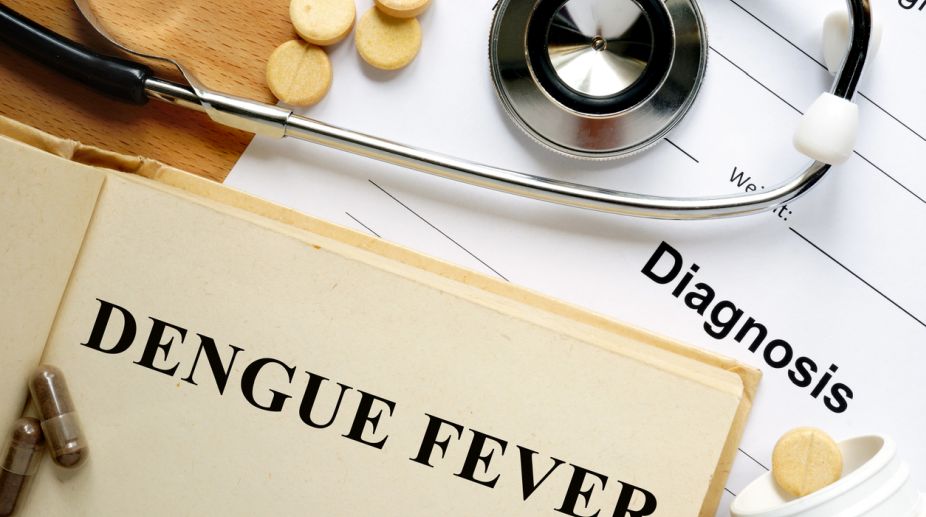The Capital is in the grip of dengue which has claimed life of a 12-year-old boy in South Delhi. With 288 cases reported in a week, dengue infection has marked a 46 per cent increase over last year.
The municipal report on vector-borne diseases said, at least 945 people have been affected by dengue this season in the city as compared to 644 cases during the corresponding period last year.
Of the 945 dengue cases, 435 affected people were residents of Delhi, while the rest were traced to other states. The South Corporation has reported 95 cases of dengue, while the North Corporation has recorded 30. East Corporation figures stood at 16. As many as 294 were reported from areas outside the jurisdiction of the three municipal corporations.
The people of Delhi have been battling malaria and chikungunya too. The number of people affected by malaria till 26 August was reported to be 473, while the figure for chikungunya stood at 339.
Last week the South Corporation, which compiles data of vector-borne diseases on behalf of all the civic bodies, confirmed the death of 12-year-old Nitish Kumar who hailed from Bihar but was residing in Safdarjung area of South Delhi.
Vector-borne diseases are reported to be high between mid-July and November-end. However, cases of vector-borne diseases were reported earlier than expected this year. Doctors attributed them to early arrival of monsoon. Dengue and chikungunya are caused by Aedes aegypti mosquito which breeds in clear water. Anopheles, which causes malaria, can breed in both fresh and muddy water.
According to the report, breeding of mosquitoes was reported from 23,157 houses in Delhi. All the three municipal corporations had reportedly stepped up awareness drive against vector-borne diseases by distributing pamphlets and announcements through loudspeakers mounted on vehicles on dos and don’ts for prevention of diseases.
Besides, the Delhi government banned over-the-counter sale of nonsteroidal anti-inflammatory drugs such as aspirin and brufen as their use is understood to “pose a threat” to dengue and chikungunya patients.
At least 21 deaths due to dengue were reported last year at various hospitals, including nine at AIIMS, though the official tally of the civic bodies stood at 10. Seventeen deaths suspected to be due to malaria in 2016 were also reported by the civic bodies.
At least 15 fatalities were reported last year at various hospitals in the city due to complications triggered by chikungunya, though the civic bodies maintained there were no deaths.
In one of the worst outbreaks, a total of 12,221 chikungunya cases were reported in Delhi till 24 December last year and 9,749 were confirmed.
